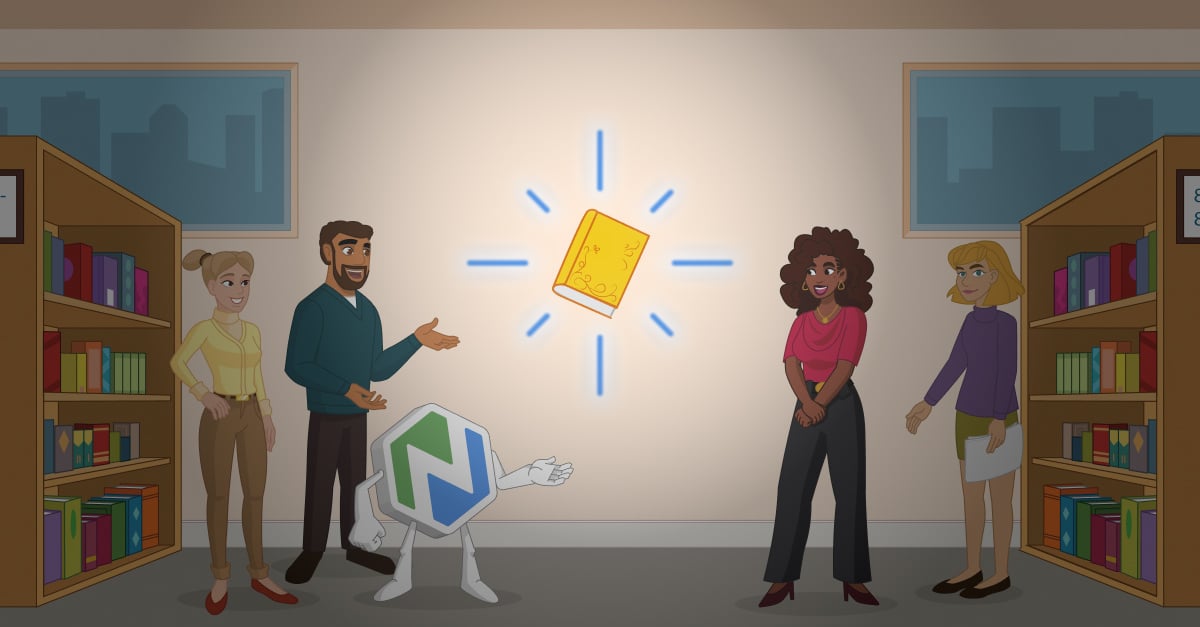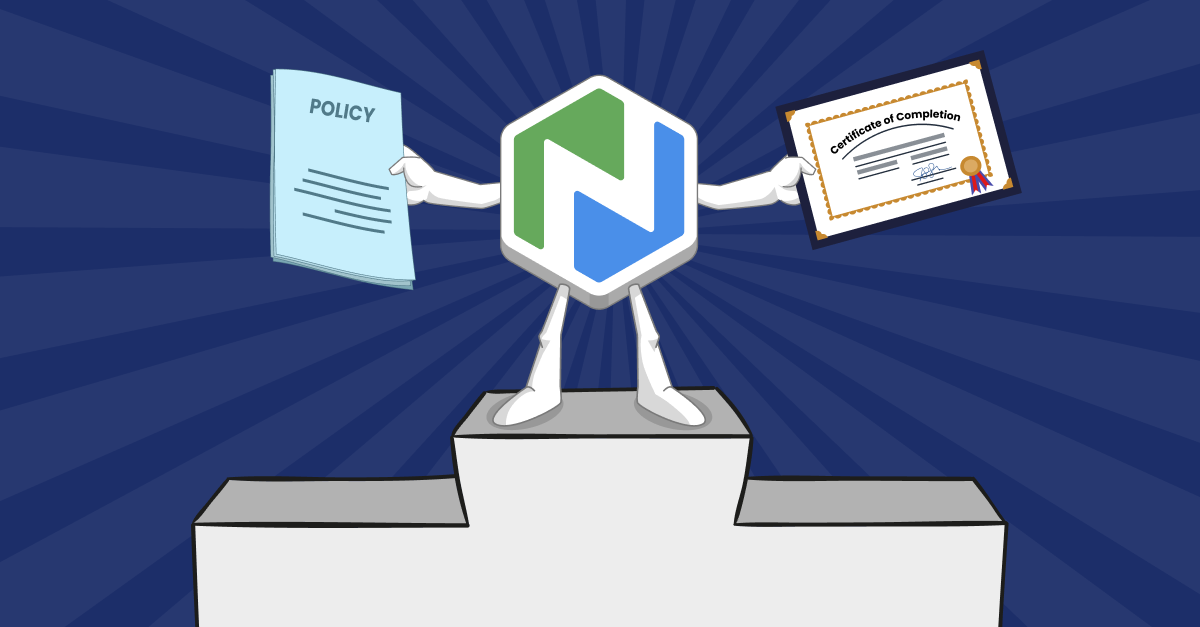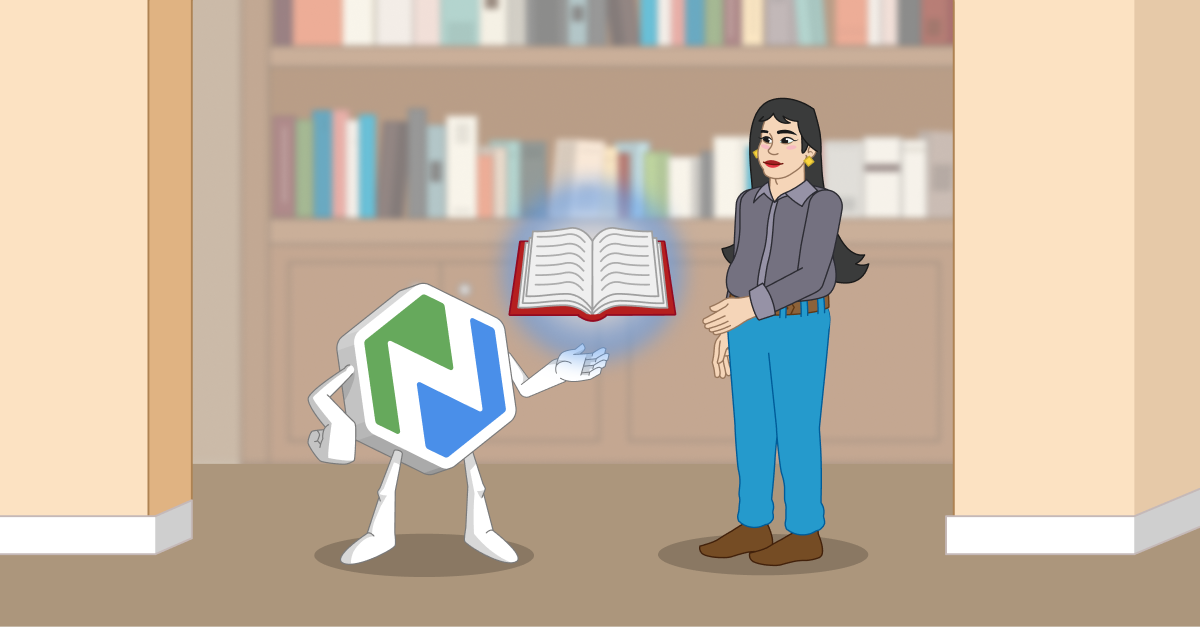How to Prepare Library Staff & Trustees for Book Challenges
Learn how to prepare library staff and trustees for book challenges with comprehensive training, policy development, and professional ethics guidance.

When I was a public librarian, part of my work involved building a graphic novel collection for adults, which I loved.
It was one of those graphic novels that a patron complained about. I can’t recall the book or the details of the complaint, but I do remember talking with the patron. I explained the rise and importance of graphic novels, talked about the right to read, and shared our reconsideration form. The conversation wasn’t fun, but it also wasn’t contentious or threatening. I was talking with a concerned local patron willing to listen to me.
Times have changed.
We’re in an unprecedented wave of censorship attempts in public and school libraries. Recent data from the ALA reveals that from January 1 to August 31 of this year, 1,128 unique titles were challenged. And though the numbers have declined from last year, they’re not reassuring. Given the rise of harassment and laws that criminalize staff who provide books, the decrease in challenges could be, as United Against Book Bans notes, a result of “censorship…already happening before challenges to books and services can take place because of the fear of challenges being brought.”
Censorship attempts are serious and stressful. They can easily overwhelm a library and burn out staff. I’m proud that we’ve created training at Niche Academy to help you and your library prepare and respond to challenges consistently and transparently. Read on to find out how.
Ways to Prepare
Preparation is key. The more you’re ready, the less likely you’ll be caught off guard by a censorship attempt. Instead of focusing on a single strategy, consider implementing the following recommendations.
Have strong policies and procedures in place. Clear, consistent policies are the first defense against censorship attempts. Keep your collection development criteria, reconsideration processes and procedures, and related forms up-to-date. They should be available to the public and to staff, who should be trained on what they mean and how to implement them. When I was a public librarian, I knew exactly where to find our reconsideration forms and how to talk to the public about them.
Make sure everyone is trained in professional ethics. Librarianship and library work are governed by professional ethics, including intellectual freedom, the right to privacy, and the separation of personal convictions from professional duties. Everyone in the library, from staff to trustees, should understand and be able to talk about the ALA Code of Ethics and Library Bill of Rights. You can post them in the library, regularly review them in meetings, and ask people to reflect on them to be sure their work is grounded in these core library principles.
Train your library board. Censorship attempts may end up before your library board, meaning trustees need to know what their role is—and isn’t—before dealing with a challenge. You can start by making regular training and conversations a part of meetings. Encourage trustees to adopt core documents like the Library Bill of Rights and Freedom to Read and Freedom to View statements as official policy. Help them learn about and articulate First Amendment rights. Perhaps most importantly, help them understand what library staff do so they see staff as experts in selecting materials and planning programs.
Connect with public advocates. Brooky Parks, a librarian who lost her job for organizing anti-racist and LGBTQ+ programs for teens, says, “The entire community is going to have to come together with the librarians in order to stop [censorship].” The good news is that most people don’t want to ban books. Using data from the ALA, United Against Book Bans notes that 71% of voters oppose efforts to remove books from public libraries and says that local advocates have been “critical” in defending the freedom to read. But people need to know what’s at stake before challenges happen. Try hanging posters or hosting programs about the First Amendment rights of readers. Help trustees and Friends learn how to advocate and build a community advocacy group to support intellectual freedom. The more people understand their rights, the more they can help you advocate for everyone’s rights.
Talk with others in the profession. Lots of libraries have faced or are facing challenges. If you’re one of them, you’re not alone. Connecting with others in your state or region can help you find support and learn successful practices. And even if you haven’t faced a censorship attempt, connecting with others is an important part of staying informed. Both the ALA and PLA have great resources you can access, including the Office for Intellectual Freedom. Groups and initiatives like EveryLibrary, United Against Book Bans, and the Freedom to Read Foundation are at the forefront of tracking censorship attempts and supporting libraries and their communities.
Connect with your state library. In some states, librarians are facing criminalization for handing out books. Your state library is likely tracking legislation. Talking with state library staff can help you better understand state law, your role as a library employee, and how those laws may affect your library and community.
Core Training Topics
Training won’t stop censorship attempts, but it’s a great way to prepare for challenges before they happen. Niche Academy can help you provide comprehensive training—allowing you, the library staff, and the board to meet challenges with confidence, consistency, and clarity. Here are a few topics we recommend.
Professional ethics. Our series on the ALA Code of Ethics is the perfect place to start staff training. The tutorials are designed as refreshers for staff who went to library school and primers for those who didn’t. Short and practical, each tutorial shows learners how ethics apply in real-life library situations. So, instead of being lofty ideals, ethics become useful guidelines for shaping behavior in the library. A special tutorial for directors includes resources, reflections, scenarios, and tons of tools like worksheets and discussion guides for helping staff and trustees understand library ethics.
Collection development. I loved building library collections. Collection development is foundational to library services, and training on what it is and how to do it is useful for staff who don’t have a library background. We offer tutorials on collection development basics like weeding, diversity audits, and reconsideration forms. And because, as the ALA notes, “books have been preemptively excluded from library collections, taken off the shelves before they are banned, or not purchased for library collections in the first place,” our tutorial on collection development ethics supports staff understanding of the selection process and how to avoid self-censorship.
Managing challenges. In the best-case scenario, you’ll never experience a book or program challenge. In the second-best-case scenario, challenges will come from concerned local users who are willing to talk with you, as my patron did with me. Either way, it helps to be prepared ahead of time. Training on dealing with oral and written complaints, preparing trustees, managing public meetings, and working with the media can make you feel more confident.
Board-specific training. Challenges ultimately end up with trustees, and many won’t have a background in collection development or library ethics. Training in these areas can help them understand how the library works, where their responsibilities begin (and end), and how to better advocate for the library. Our Welcome to the Board series includes a broad overview of what a trustee does as well as specialized topics like preparing for and managing materials challenges.
Providing staff support. Dealing with censorship is stressful, and libraries are increasingly facing threats that have led to some closures. Being prepared to support staff in these difficult times is key. We offer many tutorials on workplace wellbeing, including how to deal with burnout and secondary trauma stress or how to de-escalate tense situations. Tutorials for managers support conflict resolution and creating an equitable workplace culture. And our suite of DEI tutorials helps staff learn the basics of these concepts, as well as how to be an ally and build cultural competence skills.
Start Preparing Now
The Freedom to Read Foundation summarizes our rights: “The First Amendment to the United States Constitution guarantees all individuals the right to express their ideas without governmental interference, and to read and listen to the ideas of others.” United Against Book Bans notes that as books are censored, “Students cannot access critical information to help them understand themselves and the world around them. Parents lose the opportunity to engage in teachable moments with their kids. And communities lose the opportunity to learn and build mutual understanding.”
Training won’t stop censorship attempts, but it can prepare you and your library with a strong ethical foundation and confidence in policies and procedures.
If you’re interested in making training a consistent, cohesive, and comprehensive part of professional development for staff and trustees, start a free trial today.

.png)
.png)
.png)

.png)
.png)
.png)

.png)
.png)

.png)